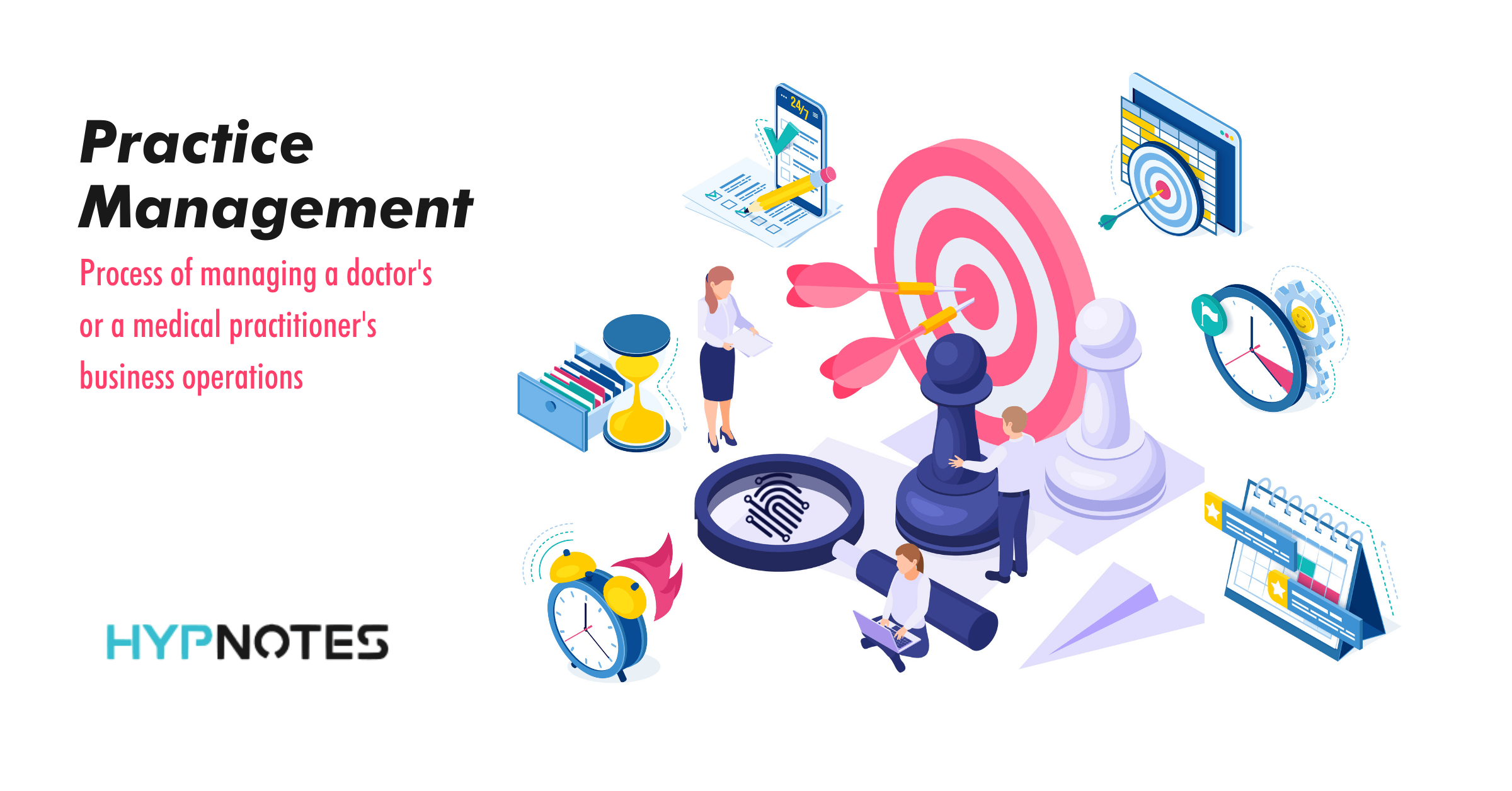Within today's rapidly changing healthcare environment, medical practitioners are increasingly turning to technology to streamline their operations and enhance patient care. Practice management software has risen as a revolutionary tool, offering a robust solution for handling the complexities of medical practice. By integrating scheduling, billing, and patient communication into one platform, this technology not only simplifies administrative tasks but also enables healthcare providers to concentrate on what truly matters – the well-being of their patients.

As the demands on healthcare systems continue to rise, the need for effective practice management becomes increasingly essential. Embracing practice management software not only assists in reducing errors and improving operational efficiency but also enhances the overall patient experience. With the ability to retrieve real-time data and analytics, providers can make informed decisions that lead to better health outcomes, making this technology an essential component of contemporary healthcare practices.
Gains of Clinical Management Software
Practice management software improves the operational functions of healthcare practices, leading to increased effectiveness and minimized operational costs. By automating booking, financial management, and patient care processes, medical staff can save significant time that would otherwise be spent on manual tasks. This allows staff members to concentrate on care for patients, enhancing the overall patient experience and happiness.
Another major positive aspect of practice management is enhanced correctness in data management. With online records, the potential of human error in data entry is lessened. This correct data entry not only helps in lessening financial inconsistencies but also ensures compliance with clinical regulations. Better information handling supports analytics, offering insightful insights that can help clinics make informed decisions and improve services.
In addition, such systems boosts interaction within the practice and with patients. Many solutions include secure patient portals where individuals can book appointments, view their health records, and communicate with clinicians without hassle. This encourages a cooperative environment, encouraging patient involvement and facilitating better health outcomes, as patients are more likely to involve themselves actively in their care.
Essential Functions to Look For
When seeking for practice management software , it is crucial to emphasize interfaces that are user-friendly. Software that is simple to operate allows healthcare professionals to streamline their workflow, reducing the time spent on orienting staff and debugging issues. A effectively crafted user interface improves productivity and ensures that team members can easily retrieve the information they need without time loss.
Another crucial feature to look at is the ability to integrate billing with scheduling. Effective practice management software should provide efficient scheduling to enhance appointment bookings, minimize cancellations, and increase patient engagement. Additionally, having billing features that are integrated allows for precise invoicing and claims processing, thereby leading to improved cash flow and reduced overhead costs.
Lastly, powerful reporting and analytics tools are crucial in management software for practices. These features allow healthcare providers to track key performance indicators, monitor patient outcomes, and recognize areas for improvement. By leveraging data analytics, practices can make informed decisions that enhance operational efficiency and thereby improve patient care and satisfaction.
The Effect on Healthcare Care
The implementation of practice management software greatly enhances healthcare delivery by streamlining administrative tasks, allowing healthcare providers to focus more on their patients. By digitizing scheduling, billing, and record-keeping, this technology cuts down on wait times and lowers the likelihood of errors that could affect patient treatment. With additional time available, healthcare professionals can engage deeply with their patients, fostering stronger relationships and enhancing the overall patient experience.
Furthermore, practice management software improves better communication between healthcare providers and patients. Functions such as patient portals enable individuals to view their medical records, manage appointments, and interact with their healthcare team with ease. This transparency empowers patients to take an active role in their individual healthcare, leading to better adherence to treatment plans and increased satisfaction with the care they receive.
Finally, the data analytics capabilities of practice management software contribute to improved patient care quality. Healthcare organizations can monitor patient outcomes and identify trends over time, which informs evidence-based decision-making. By utilizing insights gained from data analysis, providers can refine their services, foresee patient needs, and enhance health outcomes for the population they serve. This technology not only aids individual patient care but also promotes advancements in public health initiatives.
